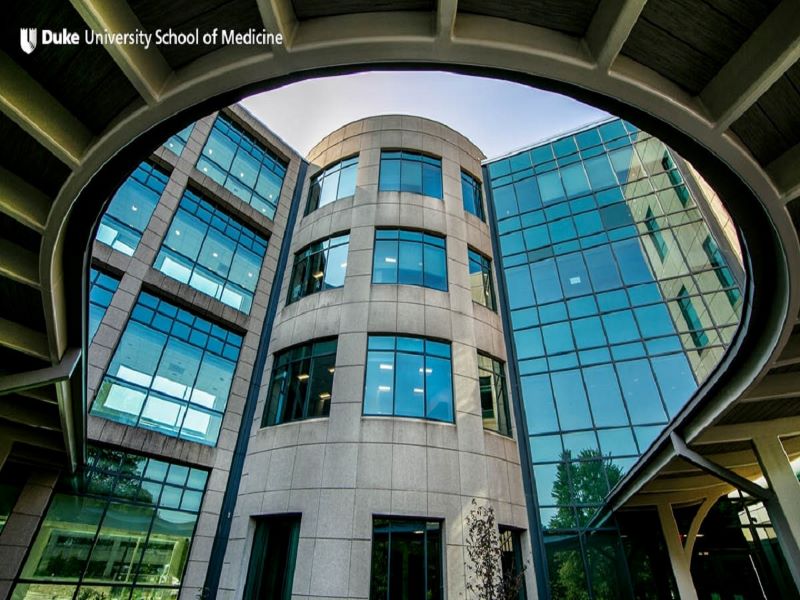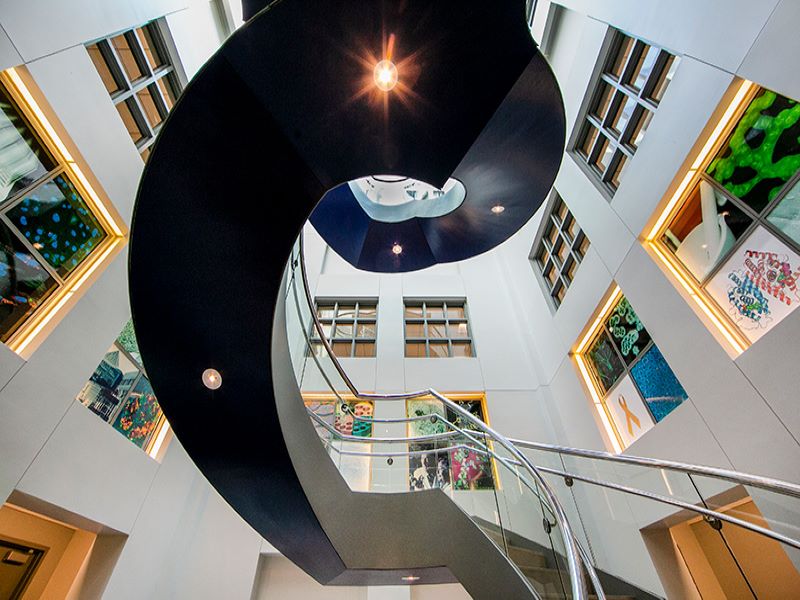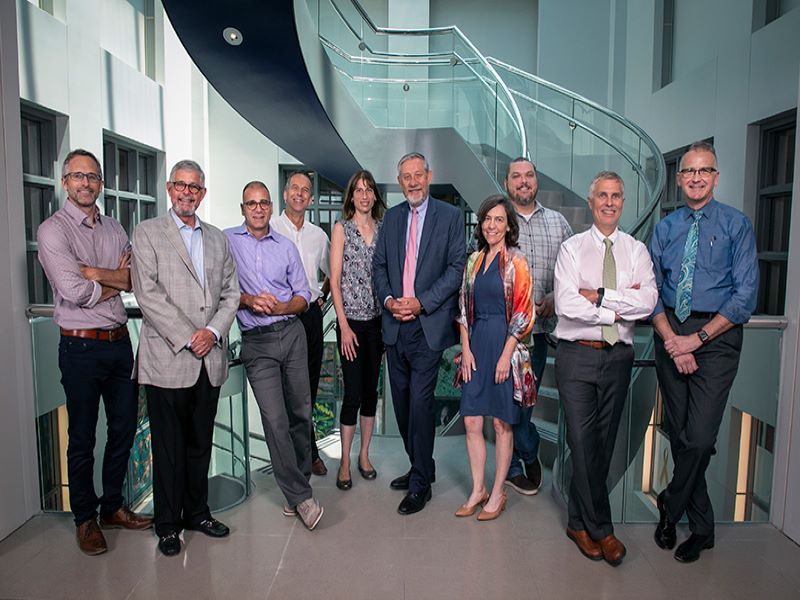In September 2021, the Duke University School of Medicine opened a research campus named Duke Research and Discovery @RTP in the Research Triangle Park (RTP) in Durham, North Carolina.
The facility accommodates researchers involved in the study of transmission and prevention of infectious diseases such as Covid-19, influenza and HIV.
It is designed to facilitate collaboration among researchers at the university and support infectious disease research and vaccine development in the future. The facility is projected to reach its full occupancy in 2022.
Duke Research and Discovery @RTP project background
In 2020, Duke University leased a 273,000ft² (25,362m²) facility in the Parmer RTP research and development campus, formerly occupied by GlaxoSmithKline, after acquiring federal research grants and contracts worth more than $600m for vaccine development.
The university leased the facility because its existing laboratory space within the Duke campus was running out of capacity.
In 2019, the National Institute of Allergy and Infectious Disease (NIAID) awarded a large Collaborative Influenza Vaccine Innovation Centres (CIVICs) federal grant to the Duke Human Vaccine Institute (DHVI) to develop, manufacture and test more durable and longer-lasting vaccines against influenza in humans.
The CIVICs programme aims to improve the durability of seasonal influenza vaccines and develop a universal influenza vaccine through iterative vaccine design, manufacturing and early-phase clinical trials.
In addition to the CIVICs programme, NIAID is also funding the university’s work on the development of HIV and Covid-19 vaccines.
Research and Discovery @RTP campus location
Duke’s new research campus within the Parmer RTP is located near the main Duke campus in Durham. It is close to more than 300 companies, including science and technology firms, government agencies, academic institutions, start-ups and non-profit organisations.
The Parmer RTP is a world-class research and development campus accommodating 20 buildings. The 500-acre campus provides high-quality, state-of-the-art office and laboratory spaces for lease within one of the fastest-growing regions in the country. It is equidistant from Raleigh, Durham and Chapel Hill.
Duke Research and Discovery @RTP campus design and facilities
Duke Research and Discovery @RTP features a large open-air atrium. A DNA helix-shaped spiral staircase at the centre of the facility links five levels of wet laboratories, high-end equipment and biorepository space, and a space for conducting clinical trials in healthy participants.
The walls around the staircase are decorated with colourful, intricately drawn pictures of genetic material, molecules and other scientific specimens.
The facility is occupied by researchers working on the Duke CIVICs initiative, as well as scientists from the departments of surgery, immunology, paediatrics and medicine.
The facility houses more than 60 state-of-the-art laboratory spaces for 14 principal investigators involved in research into infectious diseases, the immune system, infectious disease transmission and vaccine development.
Duke Research and Discovery @RTP also accommodates the Division of Laboratory Animal Resources, a BSL-3 lab, flow cytometers and robotic devices.
Marketing commentary on the Duke University School of Medicine
Established in 1930, the Duke University School of Medicine is one of the US’ most renowned organisations for medical study, clinical care and biomedical research.
The School of Medicine is home to more than 2,500 faculty physicians and researchers, as well as 2,000 health professions and biomedical PhD students. It has 24 clinical and basic science departments.
The departments and faculty members collaborate with each other and with other schools at the university, which has resulted in the creation of several centres and institutes to improve the clinical outcomes of their research.
The School of Medicine, the Duke University Health System, the School of Nursing and the Private Diagnostic Clinic (PDC) together form Duke Health, a world-class healthcare network.





